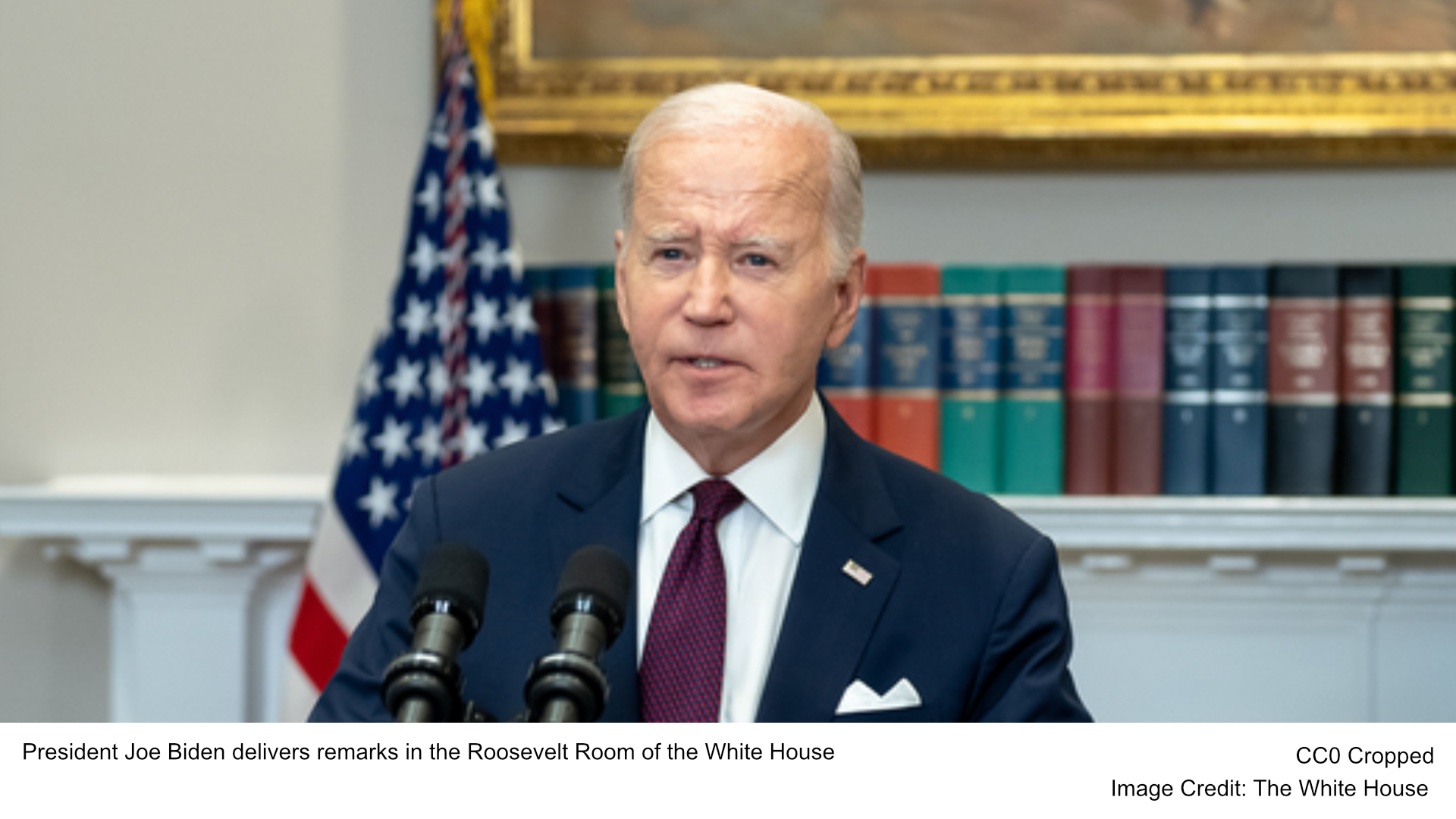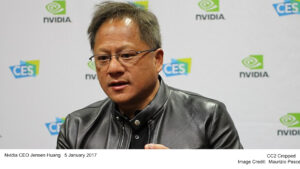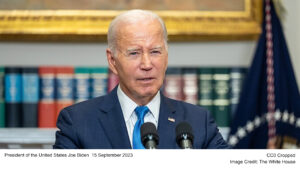President Joe Biden introduced a comprehensive economic growth plan aimed at revitalizing the U.S. economy. The plan addresses key sectors, including infrastructure, clean energy, and job creation, in response to ongoing economic challenges.
- Infrastructure Investment: The plan prioritizes modernizing roads, bridges, and public transit, allocating significant funding to support sustainable economic growth.
- Clean Energy Focus: Emphasis on reducing carbon emissions and investing in renewable energy technologies like wind and solar aims to address climate change while creating jobs.
- Job Creation and Workforce Development: Millions of well-paying jobs are expected from infrastructure and clean energy projects, supported by expanded training programs for workers.
- Support for Small Businesses: Tax incentives and grants are proposed to foster small business growth, recognizing their role in economic recovery and innovation.
The announcement took place at a press conference in Washington, D.C., where President Biden outlined the plan’s objectives. He emphasized the importance of investing in modern infrastructure to support sustainable growth. The plan allocates significant funding for repairing roads, bridges, and public transportation systems across the country.
A core component of the plan focuses on clean energy initiatives. President Biden aims to reduce carbon emissions and promote renewable energy sources. The administration plans to invest in wind, solar, and other clean energy technologies, creating jobs and addressing climate change simultaneously.
Job creation remains a central goal of the economic plan. The administration intends to generate millions of well-paying jobs through infrastructure projects and clean energy investments. President Biden highlighted the need for skilled labor and proposed expanding training programs to equip workers with necessary skills.
Small businesses also receive attention in the economic plan. The administration proposes tax incentives and grants to support small business growth and innovation. President Biden stressed the role of small businesses in driving economic recovery and innovation.
The plan has received mixed reactions from economists and policymakers. Supporters applaud the focus on sustainable growth and job creation, viewing it as a necessary step to address economic disparities. Critics, however, express concerns about the plan’s cost and potential impact on the national debt.
Bipartisan cooperation remains a challenge, with differing views on the plan’s scope and funding. President Biden called for collaboration between parties to ensure the plan’s success and address pressing economic issues.
The administration aims to implement the plan over the coming years, with specific milestones for infrastructure and clean energy projects. President Biden remains optimistic about the plan’s potential to drive long-term economic growth and address critical challenges.
As the plan moves forward, its impact on the U.S. economy will be closely monitored. The success of these initiatives could shape the country’s economic trajectory for years to come.







Be First to Comment